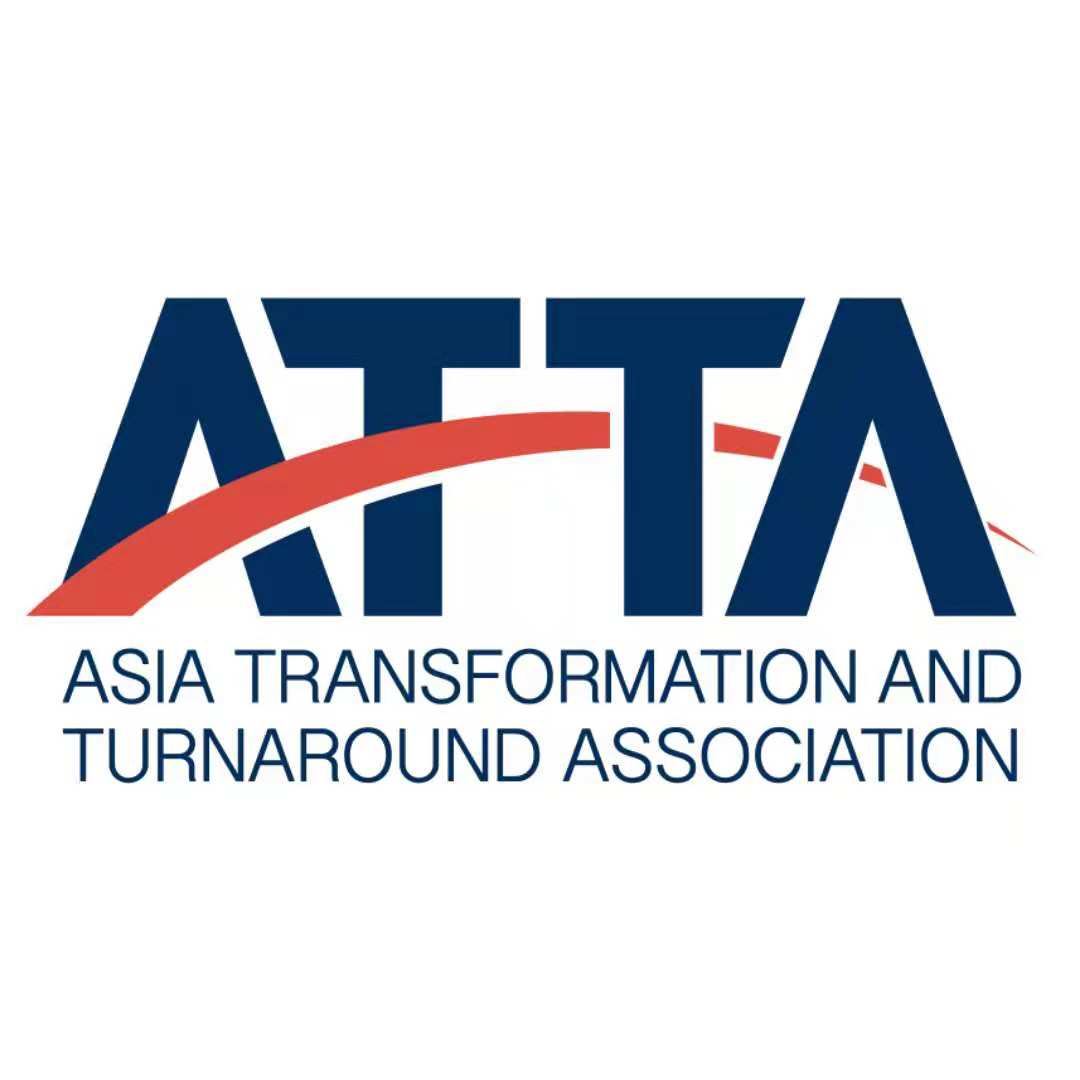Six “Don’ts” for Turnarounds in Asia
Bob Fonow
July 10, 2019
Turnarounds are intense forms of management practice. The demands on time and energy are magnified and often unrealistic. And every turnaround is different; getting a grip on a troubled company or corporate division can be challenging.
But after long years of practice I can at least offer some advice on what you shouldn’t do in an Asian turnaround. Happy reading:
-
Don’t accept a turnaround assignment from a friend or colleague, especially if they are associated - in any way - with the target company. In every turnaround your integrity is challenged. You may be tested by your friend, who asks you to look the other way, or not make a fuss about suspect numbers, inter-company loans or operations issues. If so, you will lose your friend, your integrity, or both.
-
Don’t accept the first reason offered for any business problem or personnel issue. In any troubled organization backbiting is the normal operating milieu. My standard operating procedure is to keep my mouth shut and ears open. In any Asian turnaround, the least likely people will offer the best explanations if you observe and listen. Often younger, lower level finance and operating managers are still less confused about right and wrong.
-
Specifically regarding China, don’t assume you understand the country or the business problem you were hired to resolve. You don’t understand China. No one does. It’s a complicated country with an opaque governing and legal system, and many regional business cultures. Refer to number two. Mouth shut, ears open. Be very wary of spreadsheets.
-
Don’t get too close to your interpreters. They cannot be loyal. They will be co-opted by owners or government officials. Enough said. And in China, don’t think you speak enough Chinese for negotiations. Even if you are fluent your interpreters can help you to cross check your own instincts and understanding.
-
Don’t assume that the corporation or people hiring you are guilt free. Europeans and Americans can prevaricate and “position the truth” as much as anyone. Many of the problems you will encounter in Asia will have their source in the United States or Europe – or Hong Kong or Sydney. Remember, you may be hired to take the heat and take the blame.
Solving the problem is the only clean way out, and that’s where the turnaround manager’s skills count the most.
-
Finally, don’t have sex with your staff. Many turnarounds have sexual dimensions and the turnaround manager sets the standard for appropriate sexual behavior. This is not a small consideration among consenting adults when dealing with different cultures. Complexity is the rule, not the exception. However, we can be reasonably clear on two dimensions.
First, you may be dealing with job losses in production lines or services industries with large numbers of lowly paid staff. This may lead to sexual harassment or special job inducements in the turnaround company. When livelihoods are threatened people will do almost anything to stay employed, especially if job opportunities are rare. The turnaround manager must be strong enough to stop harassment, predation, and bullying.
Secondly, foreign managers have been known to harass both female and male Asian staff, which may be one of the causes of the turnaround. We’re no longer talking just about white middle aged opportunists. In a LGBT world harassment is multi-cultural and equal opportunity. I’ve been requested by women to assure that doors are left open with meetings with foreign female executives. And really, it isn’t appropriate for visiting senior executives to insist that young women or men from provincial offices stay with you at the glamourous Beijing, Hong Kong or Shanghai corporate apartment - to save money on hotel expenses of course.
Every turnaround manager must decide their own moral boundaries. But predatory behavior and outright failure to deal with fraud are when I notify the board that this stops or I leave. Both are too corrosive for a turnaround to succeed. Don’t accept either as normal or acceptable.
What makes turnaround management so interesting is the breadth of challenges and innumerable tests of skills – coming thick and fast and unpredictably. Turnaround managers must be able to deal with ambiguity and conflict. Turnaround managers without those two essential qualities will get sick or worse, give up and go with the flow, and take their money and try to recover their damaged reputations later. You stand a much better chance of success, and maintaining your reputation, if you keep in mind these essential “Six Don’ts”.
Bob Fonow
Managing Director
Revenue Growth International Ltd.
RGI Ltd. has offices in Beijing and Northern Virginia. Bob is a founding member of the Asia Transformation and Turnaround Association (ATTA).
This article is available in PDF.



